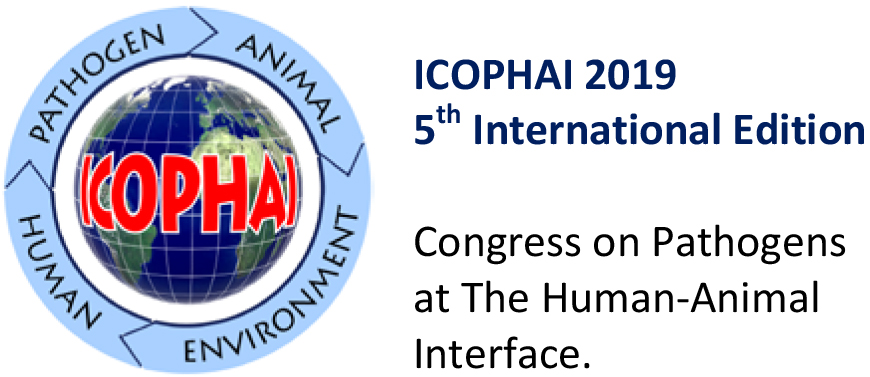Perhaps nowhere else is the paradox of our postmodern condition more apparent than within the current landscape of global health. Counterintuitively, although significant improvements in environmental and medical surveillance, clinical diagnostic methods, and clinical practices have been achieved in recent years, zoonotic emerging and reemerging infectious diseases remain a major global concern and such threats are expanding, especially in less developed regions. The 2014-2016 Ebola epidemic in West Africa is a stark reminder of the role animal reservoirs play in public health and reinforces the urgent need for operationalizing One Health approach globally. The complex nature of zoonotic diseases and the limited resources in developing countries are reminders that the need for implementation of Global One Health in low-resource settings is a crucial component of global health.
How did ICOPHAI come into being?
The consortium, known as originally known as the VPH Biotech (VPH-Biotec) Consortium, was created in 2009 as an academic partnership between foodborne pathogen epidemiology laboratories at The Ohio State University, Infectious Diseases Molecular Epidemiology Laboratory (IDMEL) and partners in various global regions including eastern Africa (such as Kenya Medical Research Institute, Addis Ababa University and Sokoine Univ. of Agriculture); Brazil (mainly the Federal University of Paraiba) and Thailand (Chiang Mai University). Through the commitment of individual principal investigators and driven by the urgency of the global rise in emerging zoonotic and multi-drug resistant pathogens associated with food animals, the partners quickly realized the need for working collaboratively and forming knowledge-sharing partnerships with an emphasis on research and training capacity building, both major gaps that have not been addressed by other global groups.
The Veterinary Public Health and Biotechnology (VPH-Biotec) Global Consortium launched the International Congress on Pathogens at the Human-Animal Interface (ICOPHAI) in order to address important challenges and needs for capacity building. Details on outcome and recommendations can be found on our recent article published on PLoS NTD. The inaugural ICOPHAI congress was held at the United Nations Conference Center (UNCC) in Addis Ababa, Ethiopia, in 2011, followed by the 2nd in Porto de Galinhas, Brazil (2013) and 3rd in Chiang-Mai, Thailand (2015).

